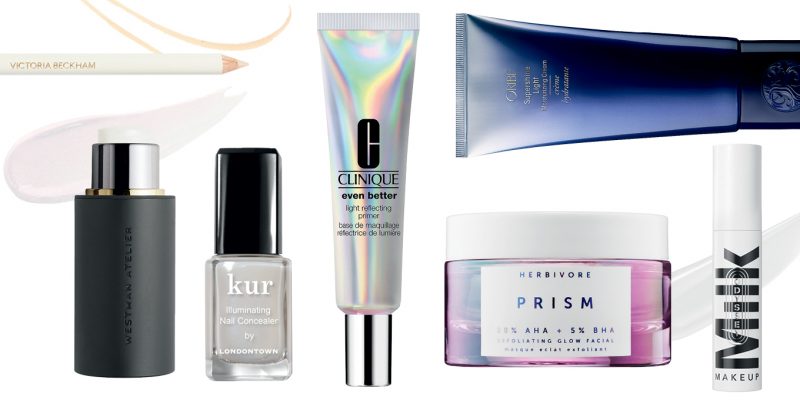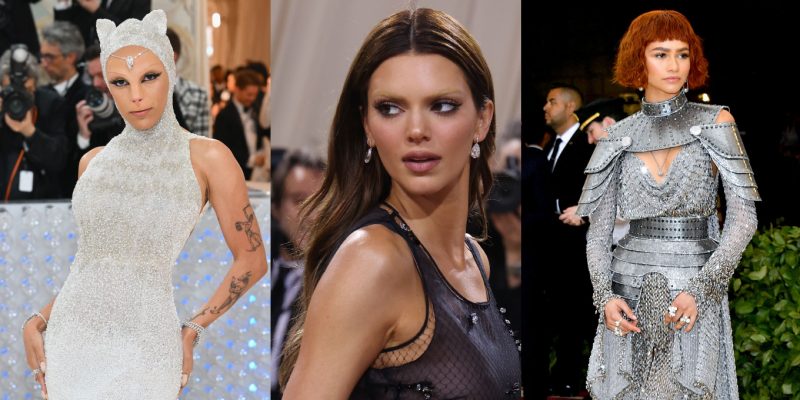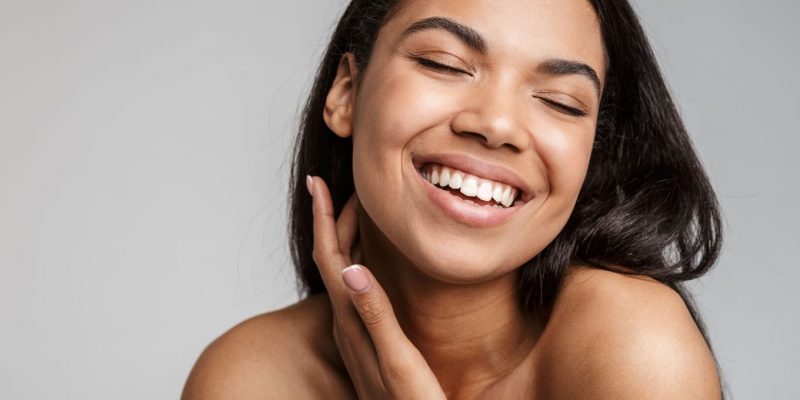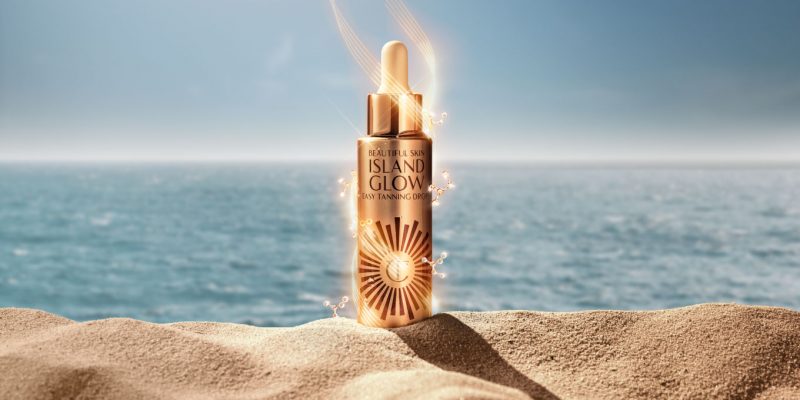Makeup & nails
Eva Longoria Is Street Smart
With the help of L’Oréal Paris, the actor, producer and director is helping women stand up for themselves—and others—with anti-harassment training.
by : Patricia Karounos- Aug 23rd, 2023
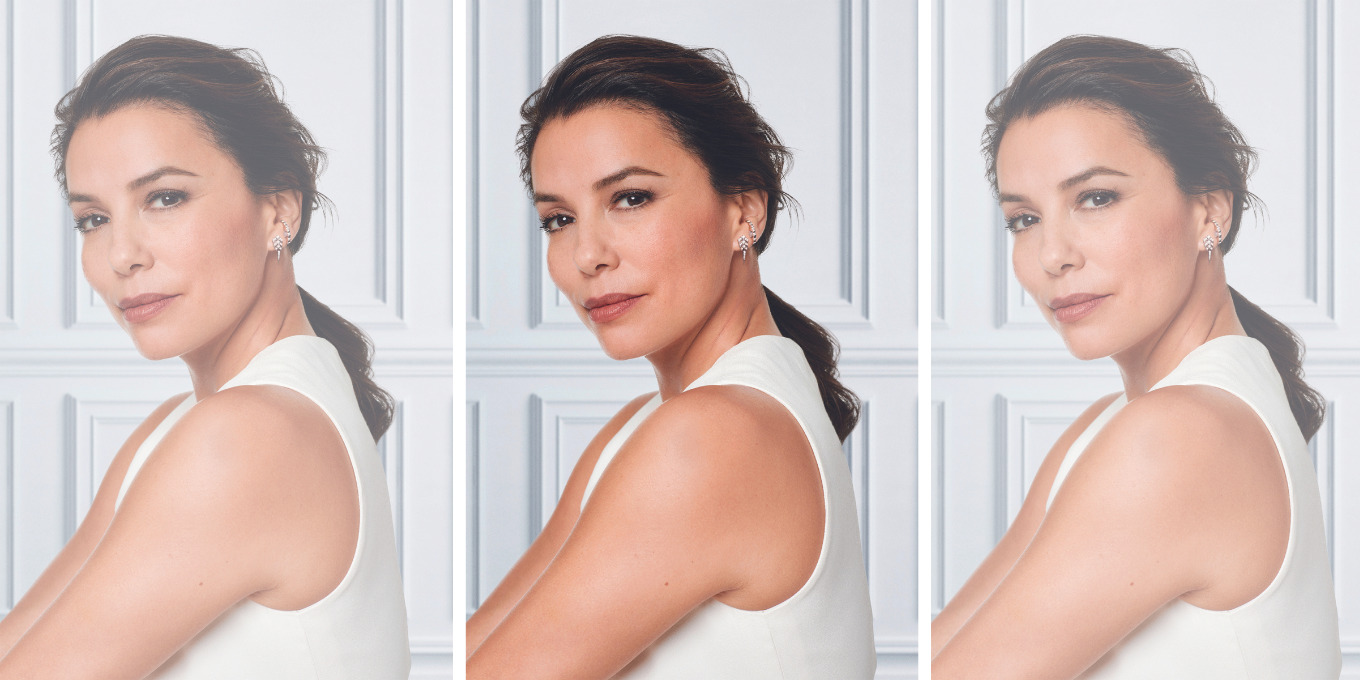
PHOTOGRAPHY, SOFIA & MAURO
Around 80 percent of Canadian women have experienced public street harassment at some point in their lives, yet only six percent report that a bystander stopped to help them. And similar stats are true across the globe; according to a study done by L’Oréal Paris and market-research firm Ipsos, street harassment is the biggest issue women of all ages and backgrounds face in their daily lives. That’s why, in 2020, the beauty brand launched its Stand Up Against Street Harassment campaign, which includes a training program that aims to equip people with the skills and confidence to safely intervene when they see street harassment happening. “It doesn’t matter if you’re from Brazil, the United States or China—street harassment is the number one problem women face,” says actor, filmmaker and L’Oréal Paris ambassador Eva Longoria, who has helped host anti-street-harassment training sessions with partner NGO Right to Be. “L’Oréal takes corporate responsibility very seriously. It’s not just about selling makeup; it’s about really showing women their worth and helping them recognize that worth in every aspect of their lives, whether it’s in their career, relationship or family. This campaign is also about that.” Now, the brand is boosting efforts within Canada to stop street harassment in its tracks, and Longoria remains steadfast in the fight every step of the way.
MOST WOMEN HAVE A MOMENT WHEN THEY REALIZE HOW PERVASIVE STREET HARASSMENT IS. HAVE YOU HAD ONE?
“Me, personally, no. It wasn’t until I saw this study that I realized that it really is universal. Sometimes when you’re in a big city, you think, ‘Oh, I’m in New York; of course I’m going to face [street harassment].’ But I realized that this is a problem everywhere, and that was kind of shocking to me.”
WHAT HAVE YOU LEARNED FROM HOSTING TRAINING SESSIONS?
“A lot of people don’t know what to do when they [see or experience street harassment]. But I’ve learned that there are so many different ways you can intervene in a situation that don’t put you in danger. The five Ds [delay, delegate, document, direct and distract] give you different [ways] to possibly save a woman’s life. We’re not just talking about catcalling and whistles here and there; we’re talking about really serious situations. And with the five Ds, you don’t have to be Superman to [act]. You can [pick] your weapon of choice to help a woman in need.”
WHAT STANDS OUT TO YOU THE MOST FROM THE ANTI-HARASSMENT TRAINING SESSIONS YOU’VE PARTICIPATED IN?
“The women’s stories. They share what’s happened to them, and their experiences really blow me away. Women just want to be heard and seen. That’s what the training is also good for—it’s going: ‘We hear you. You’re not weak.’ Then you don’t feel like you’re alone, and that can be super powerful. You feel like you’re in a sisterhood.”
HOW DOES YOUR ACTIVISM INFLUENCE YOUR ACTING, DIRECTING AND PRODUCING WORK?
“There’s definitely a lot of activism in my producing and directing—I actually don’t take on anything unless it has a purpose. [I ask]: ‘What is this saying? Why do we need this now? Is this going to shift culture? Is it going to change hearts and minds?’ That’s really the reason I started producing. We have a lot of stories to tell within our communities, and I want to be able to tell them. Hollywood gets to define what heroes look like, and they never look like us—they never look like people of colour, and they’re rarely women. To have an opportunity to shape what a hero looks like is something I take very seriously.”
Newsletter
Join our mailing list for the latest and biggest in fashion trends, beauty, culture and celebrity.
Read Next

Fashion
The Best Dressed Celebrities on the 2024 Cannes Film Festival Red Carpet
Ones to watch.
by : Allie Turner- May 16th, 2024

Beauty
Lush Just Dropped the Dreamiest Bridgerton-Inspired Collection
A glorious union for the dearest gentle reader.
by : Allie Turner- May 16th, 2024
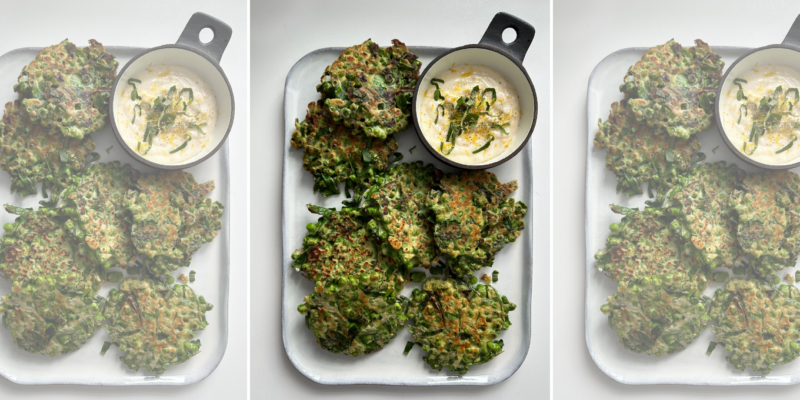
Culture
These Pea, Mint and Spinach Fritters Are the Ultimate Spring Snack
Served with a little creamy yogourt sauce on the side, these fritters are an ideal meal, appetizer or shareable snack.
by : Margaux Verdier- May 7th, 2024

